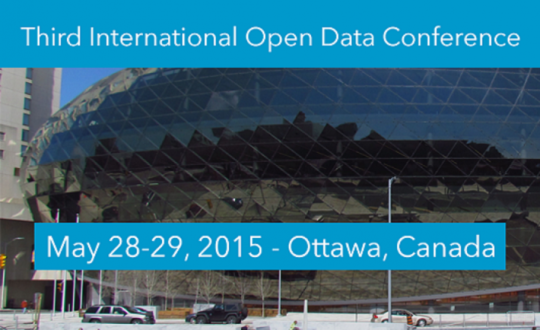News from the parliamentary monitoring community:
In Afghanistan, the Free & Fair Election Forum of Afghanistan (FEFA) released its six-month report on parliamentary activities. Findings of the report include the number of plenary and committee sessions held, the number of laws approved, positive developments and shortcomings, as well as recommendations for improvement. The report is published during a critical period in Afghanistan, with the government in the midst of extended political gridlock preventing the enactment of much needed reforms. FEFA also signed a MoU with the Meshrano Jirga, the upper house of parliament, to conduct a similar assessment, with aims to increase public awareness on parliament’s activities and strengthen the level of cooperation between parliament and civil society.
In Costa Rica, the Alliance for Open Assembly, which includes ACCESA, Abriendo Datos, Costa Rica Íntegra, Iplex, Proledi, and Ojo al Voto, partnered with the Fundación Directorio Legislativo to foment major strides toward openness within the Costa Rican legislature. Together they created and signed a commitment seeking to promote openness, transparency, and accountability. The commitment includes a variety of different components, each working to counter the existing lack of trust in Costa Rican institutions. This commitment combined with the drafting of an action plan for legislative opening seek to strengthen and enable “a more democratic democracy.”
In Mexico, for the tenth anniversary of the Collective for Transparency campaign, Fundar launched #ArmonizaTuLey, an initiative to monitor the process of harmonizing state laws with the new federal regulatory framework for transparency and access to information. With the approval of the constitutional reform in 2013 and the General Act in 2014, Mexico has set up a robust framework that safeguards these rights. Fundar reports that while the deadline for adoption of the new regulatory framework is fast approaching, 29 states in Mexico still have not completed this obligation. The Collective for Transparency calls on legislators to fulfill their legal obligation of harmonizing state laws, respect this timeline for action, and engage citizens in this effort.
In Kenya, Mzalendo Trust announced the second People’s Shujaaz Awards to recognize Parliamentarians for championing issues of high public interest in the National Assembly and Senate in 2015. The final selection was made based on the legislators’ demonstration of leadership, factoring in the motions that were put forth, and statements and petitions they represented. The nominees were chosen in consultation with civil society groups under the Parliamentary Initiatives Network. While Mzalendo hopes that the People’s Shujaaz Awards helps to spotlight the positive achievements and key contributions made in Parliament, Mzalendo also issued a list of lessons learned, with recommendations for the legislature to strengthen its image, communicate its work more effectively with citizens, and find new ways for civic engagement using technology and social media.
In the US, the OpenGov Foundation received a $200,000 grant from the Rita Allen Foundation to support the continued development of an open-source platform to digitize Chicago’s legislative process over the next two years. In partnership with Chicago’s City Clerk’s office, the project aims to keep legislation in standardized, accessible formats, and allow citizens to better share feedback with their elected officials.
In India, PRS Legislative Research published two op-eds on legislative reform in major news outlets. The authors called to question the effectiveness of India’s legislature, highlighting in particular the decrease in legislative productivity caused by disruptions and lapses in conduct by members. With a detailed breakdown of how time was used during parliamentary proceedings, the articles underscores the necessity of urgent reforms to restore both the Parliament’s role as an effective deliberative body, as well as citizens’ faith in Parliament as a representative institution as a whole.

